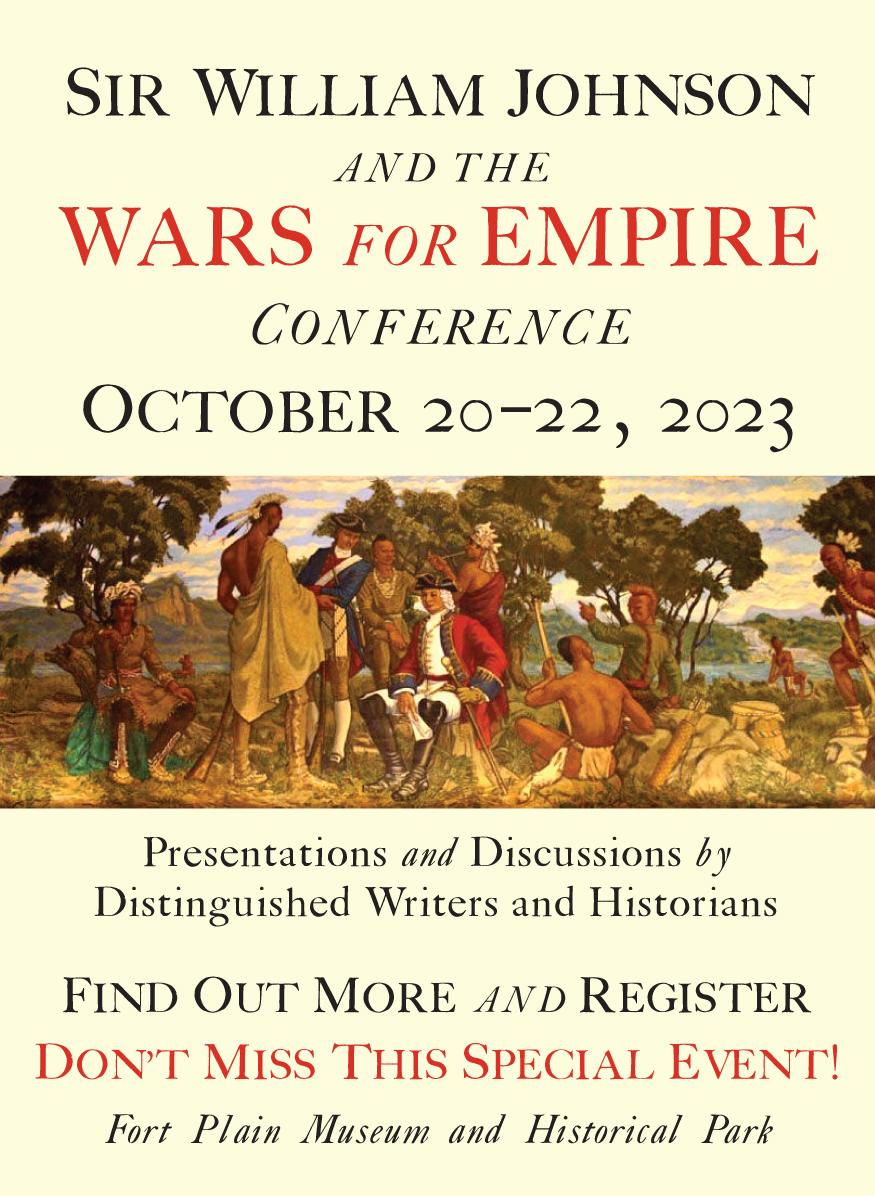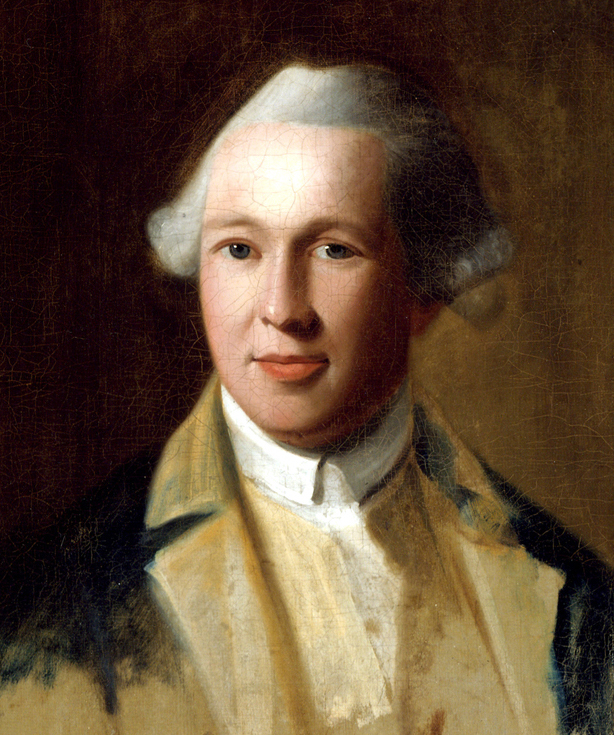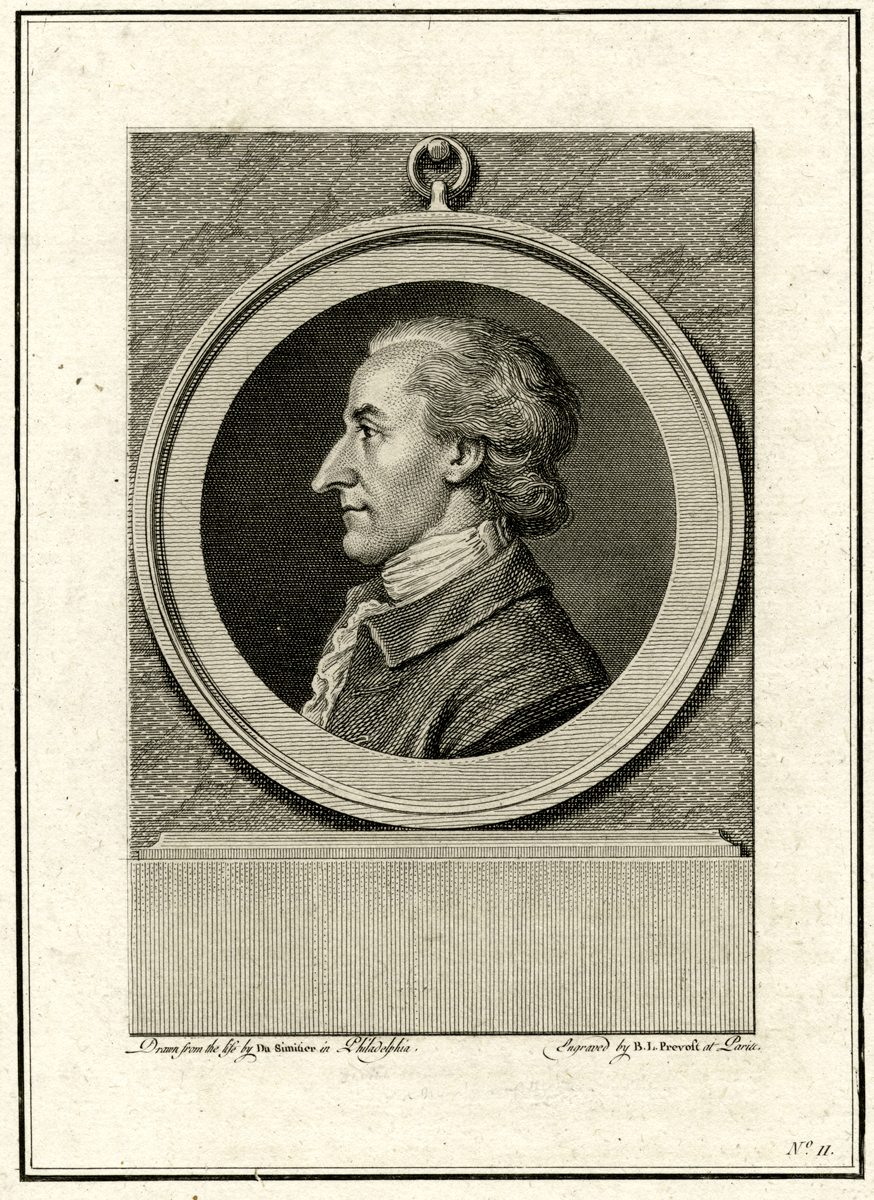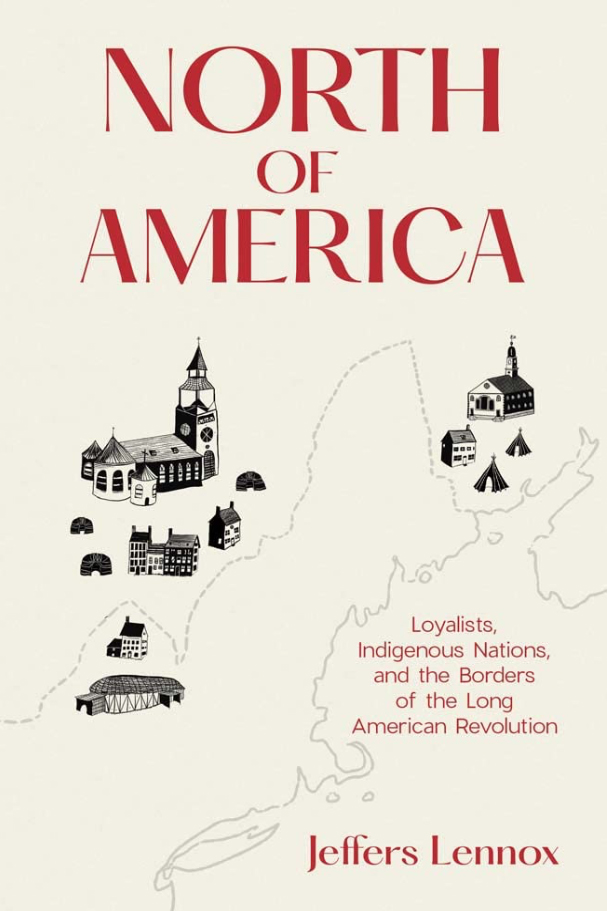
Our understanding of loyalists in the American Revolution is a relic of the eighteenth-century turn from what one might call “constitutional sense” to a more “revolutionary sensibility” in Anglo-American political culture, a shift further reinforced by romantic nineteenth-century writers.[i] To understand them as they saw themselves unfurls a rather different historical narrative.
For most men and women in the English-speaking world shaped by the Augustan sense of moderation and reason as the keys to maintaining the security of the British constitution, a “tory” was, in the decades before the War for Independence, little more than an epithet used to tar one’s political opponents, without any meaningful connections to its original late-seventeenth-century connotations of deferential supporters of royal supremacy. The term gained currency throughout the American colonies in the 1770s, however, when the self-described “real” Whigs—those radicals whose passionate political persuasions were governed by sensibility of the sort ably described in recent works by historians such as Sarah Knott and Nicole Eustace—promiscuously applied “tory” to anyone who did not cooperate with their political program, by, for instance, speaking out for compromise with the British ministry or by failing to sign non-importation agreements.[ii]
In the revolutionary crisis in Virginia, the term seems to have first appeared in the local newspapers as late as 1774 and 1775 coupled with thinly-veiled, and quite impolite, threats of physical violence against loyalists such as John Randolph and Ralph Wormeley. “Patriot” polemicists branded them as archetypical anti-Whigs whose mere presence in the province represented a threat to liberty.[iii] But there is no evidence that either Randolph or Wormeley, or any other loyalist, ever seriously described himself or herself as a Tory. To do so would have been a rank betrayal of their constitutional sense of Augustan Britishness. John Randolph’s son, Edmund, acknowledged as much when he later reflected on the “multitudes” that “could now be cited, who…were branded as Tories, though spotless as to treason even in thought; who could not comprehend what was to be the issue of provoking the fury of the British nation and were yet innocent even as to wishes of harm to their country; who believed in a chance of reconciliation, if excesses were spared; who might feel sufficient irritation at the distant danger of an abstract principle.”[iv] It is highly unlikely that a proper Tory existed anywhere in British Virginia.
Yet the term stuck. Used so often by patriots against their opponents as a convenient way to paint over the complexities at stake in the constitutional crisis of the 1770s, and to bolster claims to American unity, a newly-fashioned Tory myth was enshrined in the first histories of the Revolution, resurrected in the party battles of the Early Republic, celebrated in the culture of the republic in places like “Tory Row” in antebellum Cambridge, Massachusetts, and further embellished by Whig historians.[v] The myth, created to reinforce a fiction of unified colonial opposition to British tyranny, became so firmly entrenched in the historiography of the American Revolution that, despite the work of a number of modern historians, few modern scholars bother to question it.[vi]
Historiographical misunderstandings of the term “loyalist” are somewhat easier to understand, and therefore rather more difficult to recover, because it was embraced by so many people who opposed the patriot movement.[vii] Clouding the matter is the fact that loyalists often spoke of their own cause in terms of support for the King or the authority of the Crown.
Samuel Johnson unhelpfully defined “loyalist” in 1756 as “One who professes uncommon adherence to his king.” Horace Walpole privately reflected on just how problematic and confusing the very concept of loyalty had become in eighteenth-century British political culture. “Loyalty is a word I do not find either in the Bible or the statute book,” Walpole wrote. “It is a French word & conveys a French Idea: but ought to have a reciprocal signification. It comes from Loy, the Law, but is now confounded with Royaute.” It ought, he observed, “to imply only Attachment to the Laws, & then Loyalty [would] be as much a Duty from the King to the people as from the people to the King.”[viii] For a Briton of any persuasion, on either side of the Atlantic, loyalty to a “British King” or to the “Hanoverian Succession” was not a blank, one-way commitment to monarchism but, in fact, was a celebration of the reciprocal bundle of loyalties built into the British constitution. For what else was a British monarch—as opposed to those of Spain or France, for example—but a sovereign whose authority, whose very existence, was determined by a constitution in which the representatives of the people reigned supreme?
But those Americans who practiced revolutionary sensibility were disconnected from the essentially English history that a proper understanding of the British constitution required. Patriots such as Thomas Jefferson were hardly unique among their Virginia contemporaries. They were among the growing sort who needed to be “Anglicized” in the ways explained by Jack Greene and others, unlike John Randolph and those Americans who had spent important parts of their lives in England and retained vital ties to it.[ix]
In the absence of a more direct alternative, Jefferson’s vision of an abstract, idealized imperial relationship was that of an empire, in an oft-repeated phrase that Adam Smith used to criticize the British ministry, that “existed in imagination only.”[x] Jefferson’s perception of the imperial relationship was a far cry from the mixed constitution and unseverable authority of King, Lords, and Commons conceived of by metro-centric Virginians such as Randolph, who once proudly described himself as “nurtured” in such “mixed Principles.”[xi] Their competing visions of the imperial tie could not be reconciled without a shared set of presumptions, drawn from a common understanding of political history, about the nature of that imperial tie to provide a discursive framework for mediation and accommodation of differences. The absence of such a framework was the sine qua non in creating a precondition for the separation of the American colonies—or at least those in the Chesapeake—from Great Britain. In a land where the English past had been forgotten by so many people that “tory” could be used once more without irony, the Tory myth became a potent weapon of proponents for independence.
[i] See, for example, William Makepeace Thackeray, The Virginians: A Tale of the Last Century (1857).
[ii] Sarah Knott, Sensibility and the American Revolution (2009); Nicole Eustace, Passion is the Gale: Emotion, Power, and the Coming of the American Revolution (2008); Paul Langford, “Old Whigs, Old Tories, and the American Revolution,” The Journal of Imperial and Commonwealth History 8 no. 2 (1980), 106-130; Julie Flavell, “American Patriots in London and the Quest for Talks, 1774-5,” Journal of Imperial and Commonwealth History 20 (1992), 335-369.
[v] Whitney A. Martinko, “Progress and Preservation: Representing History in Boston’s Landscape of Urban Reform, 1820-1860,” New England Quarterly 82, no. 2 (2009).
[vi] See Robert Calhoon, The Loyalist Perception and Other Essays (1989). This criticism remains true for almost the entirety of the historiography of late colonial Virginia. Even the best works have not been immune. E.g., John E. Selby, The Revolution in Virginia: 1775-1783 (1988), xi.
[vii] William A. Benton, The Whig-Loyalists: An Aspect of Political Ideology in the American Revolutionary Era (1966).
[ix] Jack P. Greene, Pursuits of Happiness: The Social Development of Early Modern British Colonies and the Formation of American Culture (1988), 174.














5 Comments
I’m not sure we’ve come very far from painting and tainting political opponents. Labels like ‘Tea Party,’ ‘Left Wing’ and ‘Religious Right’ are good for making neat packages for purposes of attack. But how does one label someone who favors a flat income tax, opposes Obamacare but also opposes fracking and what the NSA and IRS are doinf. This is a great article for calling attention to the manner in which historical labeling can be misleading. How will historians describe us a hundred years from now? Will the labels ‘Democrat’ and ‘Republican’ be sufficient? I don’t think so. I wish I could be around to read how a modern-day ‘Patriot’ will be described. The good news is that new books being published, like 1775, are packed with analytical thought. But while waiting for such new books to arrive, this journal consistently smacks down the convenience of shorthand and offers thoughtful analysis on a wide variety of subjects. For a RevWar junkie like me, what could be better?
This is a really interesting piece that has given me a lot to think about. I have seen the use of the word “Tory” prior to the 1770s in colonial newspapers, though admittedly infrequently. Part of that reason, I believe, was the marginalization of the Tory party in Britain. After 1715 (and, certainly, 1745), they became less and less of a political presence in Britain, and hence in the minds of colonists. The mentions that you do see do not refer to people who subscribe to the principles of the Tory party of the reign of Queen Anne. Rather, it was an epithet used to describe anyone who sided with the royal government (or the Crown, Ministry, and Parliament) on an issue they deemed detrimental to their colony (which, fundamentally, is what it continued to mean in the 1760s and 1770s).
Taylor wrote: “But those Americans who practiced revolutionary sensibility were disconnected from the essentially English history that a proper understanding of the British constitution required.” While I appreciate his argument regarding a change in the nature of the political culture, I have to say I disagree strongly with this statement. My own work focuses on the role of colonists’ historical memory of seventeenth-century Britain shaped late-colonial political culture and the rhetoric of resistance during the imperial crisis. Many elites like Jefferson were subscribers to the Saxon-centric brand of Whig history that became an important force in British politics in the seventeenth century. Of course, in Britain by the 1750s, largely due to the Whig supremacy, the consensus of the understanding of the British constitution had changed. But, in this as in other manners, the colonists were working with a distinct cultural time lag. I tend to think of it in contemporary terms as when interior parts of the US adopt fashion and music trends that are already over in NYC or LA. Only their time lag was much more pronounced. Many internal colonial political debates of the 1750s give this reader the sense that they are reacting as though they are living in the British political moment of the 1710s or 1720s.
By using the term “proper understanding,” he seems to be saying that loyalists understood the constitution and that those with a “revolutionary sensibility” did not. But were there not conflicting interpretations of the British constitution in England itself? That does not seem to me to be a metropol/provincial distinction. Also, I have found that the ways in which colonists understood the British constitution was greatly informed by their historical memories of seventeenth-century Britain (both eventual patriots and loyalists). Even non-elites, who could not read Rapin or other historians of seventeenth-century England, were regularly exposed to their arguments (both Whig and Tory interpretations) and historical references throughout their print culture from newspapers and pamphlets to almanacs, and, perhaps, most importantly, through sermons, both spoken and printed. Work on this sort-of topic has focused on the role of classical history, but, if you wanted to convince an elite of an argument you would use classical allusions; if you wanted to convince a mechanic, you would use references to British history. The latter are everywhere in late-colonial prints.
Indeed, the period appears to me to have had a very strong history culture. The use of (seventeenth-century) epithets like “Tory” or far more commonly “republican,” “leveler,” “papist,” etc., are not less important because they don’t correspond to their precise historical meanings. It suggests, to me, that their historical memories were shaping the way in which they understood their own contemporary political culture. The colonists had their own meanings in mind when using these terms, often multiple meanings. But what Taylor sees as a lack of political “understanding,” I see as a fascinating simultaneous expression of cultural dependency and cultural agency, the struggle between which I believe is crucial to understanding late-colonial political culture and colonial imperial identity.
The nature of the American Revolution is far more complex than what we have been led to believe (especially when we make the effort to factor in slaves, Native Americans, and bother to include the colony of South Carolina):
http://global.oup.com/academic/product/the-world-of-thomas-jeremiah-9780195387285?cc=us&lang=en&tab=description
I very much appreciate the intelligent and thoughtful comments thus far generated by my piece. Mr. Hattem’s contribution is especially useful, although he might miss the central thrust of my argument, which has more in common with his own point than he seems to suggest. The whole purpose of “Establishing the Tory Myth” is a simple one: to introduce to readers to the ways in which the political vocabulary of the Revolutionary period, especially in Virginia, but certainly across the Atlantic world, differed sharply from that either previously understood by political actors or–more to the point–subsequently deployed by historians. Of course, there were multiple meanings assigned to the terms deployed by revolutionaries of all sorts, on both sides of the ocean, to express their ideologies and explain their behavior, and they all contain a certain amount of cultural dependency, broadly conceived. That should be taken as given because of the richness and dynamism of cultural change across the 18th-century Atlantic ocean. But it cannot be seen as a generally applicable process that depends, as Mr. Hattem appears to suggests, on a common cultural foundation, which–for all historians have talked about convergence–really didn’t exist in the late colonial period to the degree reflected in the historiography. Hence this piece and my upcoming book–“Constitutional Sense, Revolutionary Sensibility: The Making and Breaking of British Virginia, 1707-1776.” We must strenuously avoid considering the American Revolution, and its causes, as a single, coherent phenomenon, when it was not any such thing. It was at least 13 revolutions, and many more non-revolutions, that led to independence, and we need, as John Adams pointed out, to understand each on its own terms before we can even begin to have a proper understanding of what it was all about. In fact, we need work just like that of Mr. Hattem that looks much more closely at the language of the individuals engaged, at their terms and nature of their discourse–not just what was said, but how it was heard–that participants used in each of colonies and in Britain, and its antecedents and its legacies, for us to get closer to the many particular personal revolutions up and down the social scale that actually led to the transatlantic Whig schism of the late 18th century.
Thank you for the very thoughtful reply to my comment. Perhaps I too narrowly focused my comments on the few statements regarding history, because my current work is on the colonial historical memories of seventeenth-century Britain in the pre-revolution period (i.e., 1730-1776). I certainly agree with the larger points made about the importance and use of language. Also, I certainly didn’t mean to suggest that there was a “common cultural foundation,” hence, my use of the plural term, “historical memories.” Part of my work focuses on the way different perceptions of the British past informed contemporary political conflicts and debates. I very much look forward to your new book, as there seems to be relatively little being done these days on either late colonial political culture or the coming of the Revolution, as I have written about at The Junto. Thank you again for your reply.